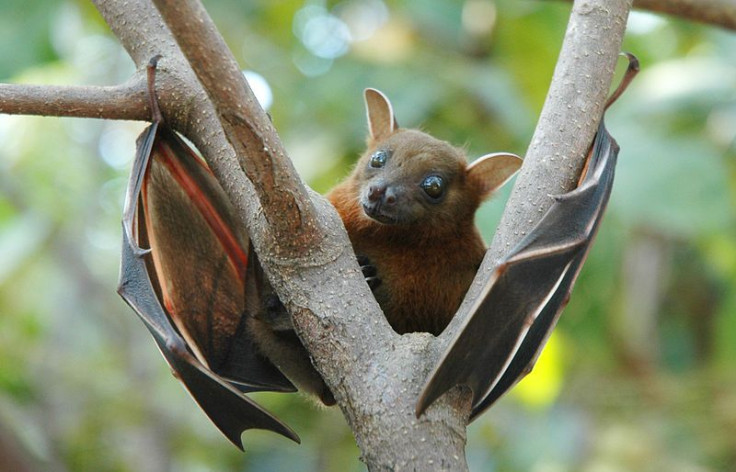MERS May Have Originated In South African Bats, According To New Genetic Study

The Middle East respiratory syndrome coronavirus (MERS-CoV) has made people in as far away as the UK and North Africa deathly ill. Nevertheless, as the majority of infections and deaths have occurred in Saudi Arabia, many believed that this was the origin of the SARS-like virus. With a more than 50 percent mortality rate, fears are high that the virus could spread globally during the annual Hajj pilgrimave to Saudi Arabia occurring in the next few months. Reseachers have tried to figure out where the virus orginarted from to understand how to prevent its transmission and prevent any variant from taking hold.
Scientists from the University of Bonn in Germany and researchers in South Africa have found evidence that a virus that is genetically quite close to the MERS-CoV is in the feces of bats. These South African bats harbor a virus that is more genetically similar to the MERS-CoV than any other virus tested. The findings, which were published in the journal Emerging Infectious Diseases, may provide important clues into the true origin of this new virus.
The researchers tested 62 South African bats from 13 species for coronaviruses to determine if their feces contained viruses closely related to MERS-CoV. This was able to be done because the MERS-CoV virus had its genome completely sequenced early on in research of the disease.
Although the related virus was seen in only one bat, the finding is still a compelling one. It is unknown how the virus was originally transmitted to humans, either through bats directly or through an intermediary like livestock, but evidence has shown that the virus can spread from person to person when they are in close quarters.
Source: Ithete N, Stoffberg S, CormanV, et al. Close Relative of Human Middle East Respiratory Syndrome Coronavirus in Bat, South Africa. Emerging Infectious Diseases. 2013.



























